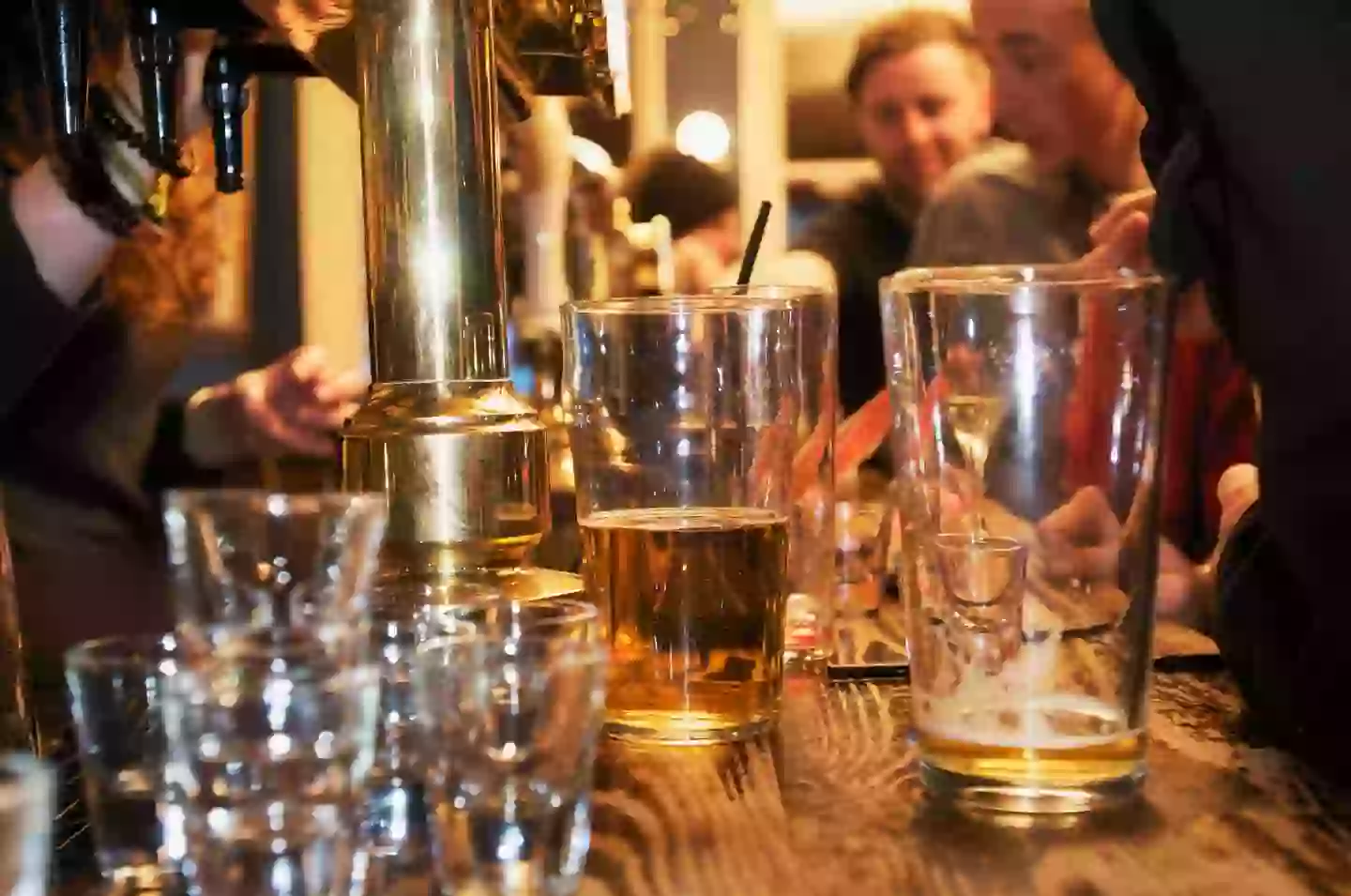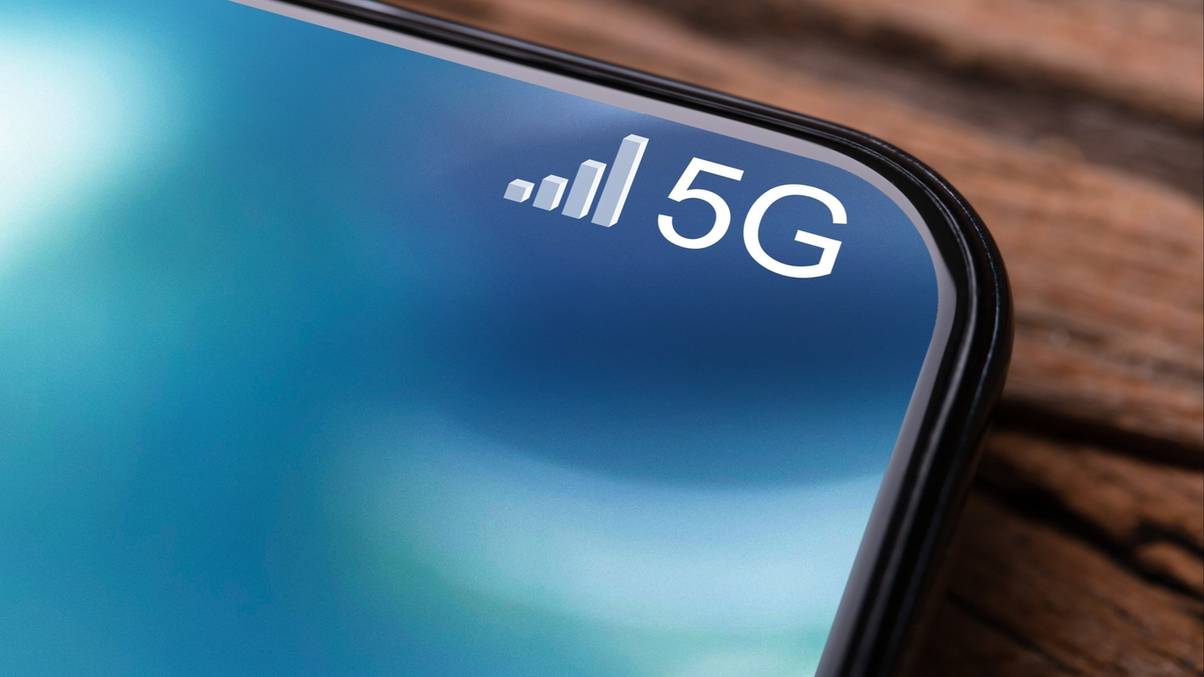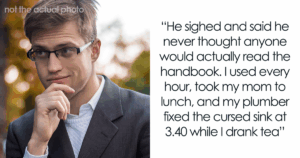“Just a Sip: The Surprising Long-Term Consequences of Allowing Teens to Drink Beer!”
Should parents really let their kids sip on some bubbly during family gatherings, or are they merely providing the spark for future mischief? It seems like a rite of passage—like sneaking a sip at a wedding or swiping a taste of mom’s wine at dinner—and the debate continues to brew. Increasing research indicates that even those occasional sips may be more harmful than helpful. We’re diving into the complex issue of underage drinking, unraveling the science behind brain development, and exploring why allowing children to indulge in even small amounts of alcohol might not be the best idea after all. So, grab a seat and a non-alcoholic beverage, and let’s unpack the facts that could reshape your thinking about booze and your little ones. LEARN MORE.
Parents have been warned against allowing their children to have even an occasional sip of alcohol.
Now we’re not here to judge whether or not you were sneaking drinks at family parties, replacing your parents’ spirits with water or being allowed ‘just the one’ at New Year — but an increasing number of studies suggest that doing any of the above may not be wise.
The legal age to consume alcohol varies around the world, typically hovering around the ages of 18 and 21, however, even at this point, your brain is still several years away from becoming fully mature.
And the impact of boozing on an underdeveloped brain can be particularly damaging.

Do young people need to change our opinions towards alcohol? (Getty Stock Images)
Is it really better for parents to allow their children to drink alcohol?
There’s a long-held belief that parents allowing their children to have the occasional drink while at home and under supervision would encourage them to develop a healthier relationship with alcohol.
However, this may not be exactly true.
“There was this long history of people thinking that if you taught your kids how to drink, then they wouldn’t have problems with drinking,” Lindsay Squeglia, a researcher at Medical University of South Carolina told NatGeo.
“Research over the past couple of decades has really shown that is not true.”
The research also casts doubt on the argument that slowly introducing your children to boozing is better than outright forbidding it.

A ‘European method’ of drinking, where young people are gradually exposed to alcohol, may not be the best approach (Getty Stock Images)
Known as the ‘European model‘, this approach to drinking sees parents offer their children small sips of alcohol in the belief that it will prevent binge drinking, also may not be entirely true, according to a 2016 study.
A 2020 study adds that children who are given alcohol by their parents are also more susceptible to ‘more risky drinking and alcohol-related harm’.
The impact of alcohol on the developing brain
The human brain doesn’t finish fully developing until your mid-to-late twenties, 25 is often a rough age put forward by experts when it comes to prefrontal cortex development, which means that a heavy consumption of alcohol in your earlier years will have an impact how your mind develops.
READ MORE
According to statistics cited by Drinkaware, teenagers who engage in binge drinking put themselves at a greater risk of negatively impacting their concentration and learning.

Experts urge young people to wait as long as possible before engaging in drinking (Getty Stock Images)
An earlier exposure to alcohol also puts teenagers at risk of developing a dependency later in life. “A lot of people describe the adolescent brain as having a fully developed gas pedal without brakes,” Squeglia previously explained to the BBC.
“Our message is delay as long as you can, because your brain is still developing, and let your brain develop and be as healthy as it can before you start engaging in things like alcohol and other substance use.”

















